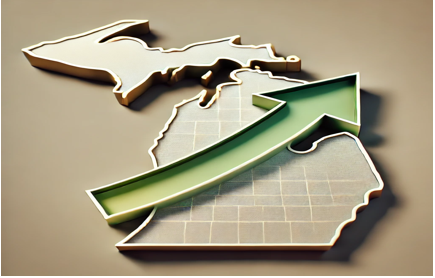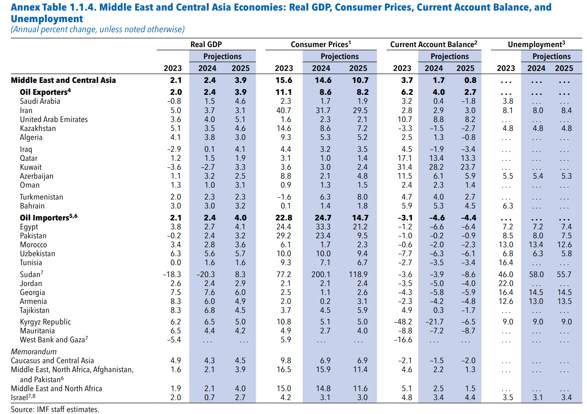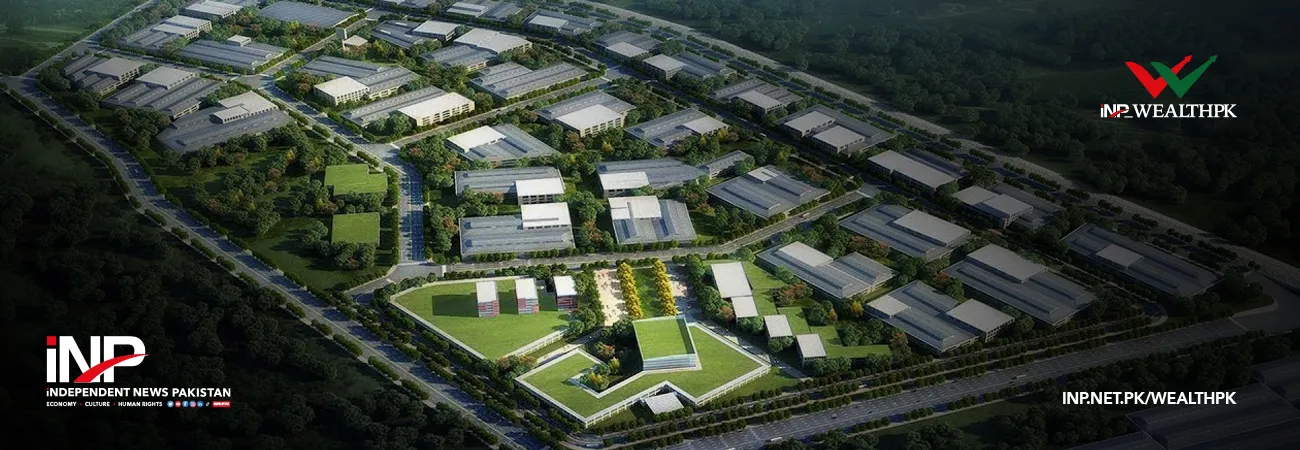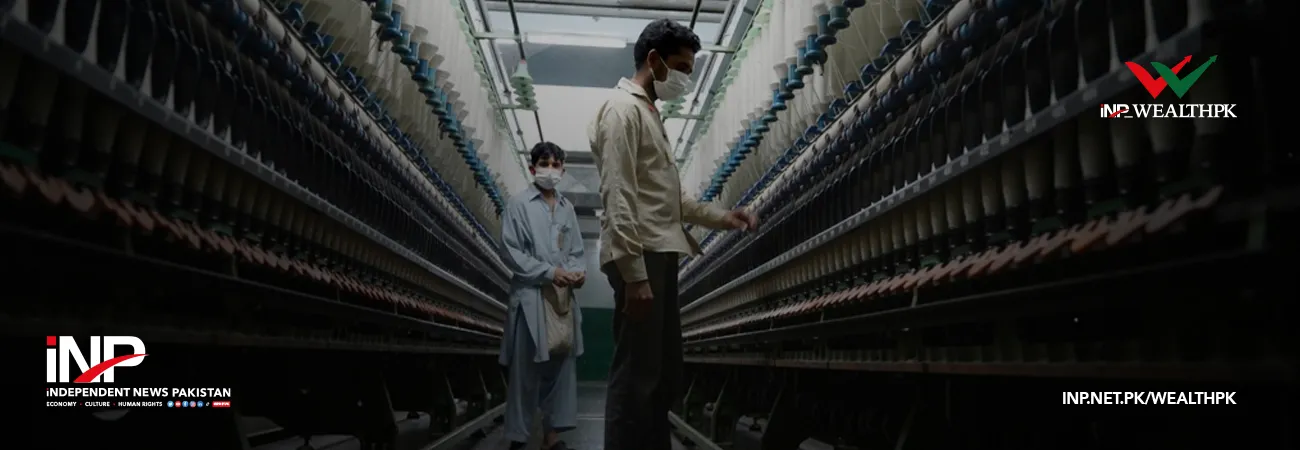INP-WealthPk
Moaaz Manzoor
The International Monetary Fund (IMF) has projected a GDP growth rate of 3.2% for Pakistan in the Fiscal Year 2025, indicating the signs of economic recovery amidst the ongoing global uncertainties, reports WealthPK.

One of the key highlights of the IMF's latest World Economic Outlook (WEO) report, titled "Policy Pivot, Rising Threats," is the projected decline in Pakistan's inflation rate, which is expected to drop from 23.4% in 2024 to 9.5% in 2025. The decrease offers hope for both consumers and businesses, signaling a move toward economic stability. The report also predicts GDP growth of 3.2% for 2025, an increase from 2.4% in 2024, indicating a gradual improvement in the economic outlook. However, it warns that the consumer prices may remain around 10.6% by the end of 2025, highlighting the ongoing challenges of managing inflation.

Source:https://www.imf.org/en/Publications/WEO/Issues/2024/10/22/world-economic-outlook-october-2024
The WEO report forecasts a decrease in the unemployment rate from 8% in 2024 to 7.5% in 2025. This positive trend indicates potential job growth, particularly in the agriculture and services sectors, which may enhance the livelihoods of citizens. However, the IMF cautions that there are risks to sustained recovery, particularly due to a widening current account deficit expected to rise from 0.2% in 2024 to 0.9% in 2025. This increasing deficit could create challenges for managing external debt, especially since Pakistan continues to rely heavily on energy imports. Sakib Sherani, CEO of Macro Economic Insights, told WealthPK that while the IMF's projections are generally optimistic, they have historically exhibited an "optimism bias." He cautioned that Pakistan's growth recovery remains uncertain due to debt distress and fiscal consolidation efforts. Owing to the high-base effect, Sherani further pointed out that agricultural growth could fall short of both IMF and government expectations. He also expressed doubts about the projected foreign exchange inflows, particularly from private sources, calling the IMF's forecasts overly optimistic.
While macroeconomic stabilization is likely, Sherani believes it won't translate into a sustained growth uplift anytime soon. Factors like fluctuating global oil prices and regional instability could impact Pakistan's economic future. To ensure long-term growth, it is essential to address structural challenges, such as low productivity and rising debt, through innovation and improved efficiency. The government and the State Bank of Pakistan (SBP) need to work together decisively, focusing on controlling inflation, creating jobs, and stabilizing the current account deficit. This collaborative effort is vital for setting the country toward sustainable economic progress. The IMF's optimistic projections provide hope for Pakistan's economy, but they also highlight significant risks. While the reduction in inflation and gradual GDP growth are promising signs, experts like Sakib Sherani emphasize the challenges that lie ahead, particularly in agriculture and foreign investments. Managing debt and reducing external dependence will require robust policy interventions to achieve sustainable growth.
Credit: INP-WealthPk













